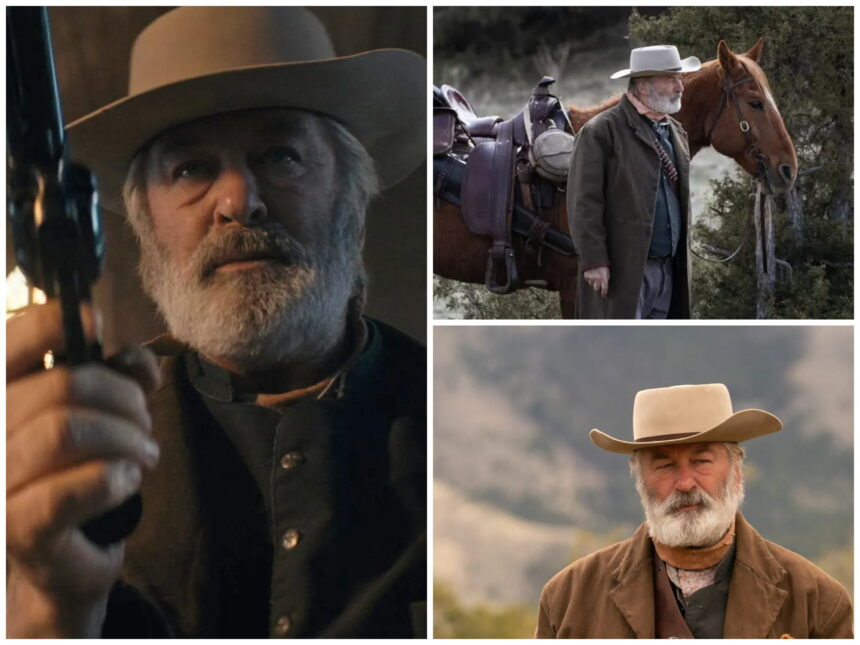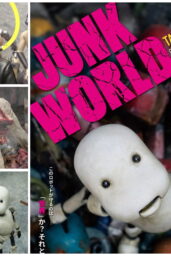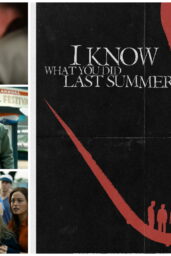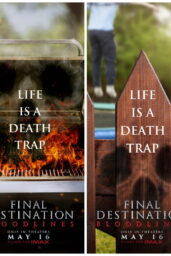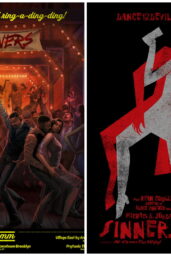In a cinematic landscape brimming with high-profile releases, Rust stands out—not just for its star-studded cast or its gripping plot, but for the dark cloud of tragedy that has followed it since its inception. The first official trailer for the film, released in March 2025, offers a tantalizing glimpse into a western drama that promises to deliver both heart-pounding action and emotional depth. But as the trailer unfolds, it's impossible to ignore the real-world events that have forever altered its context. Can Rust rise above its troubled history, or will it remain defined by a single, devastating moment?
A Stark and Somber Introduction
The trailer opens with a line that cuts like a knife: “This ain't no game boy… Some things in this life you can't get back.” Delivered by Alec Baldwin as Harland Rust, the words carry a weight that transcends the screen, echoing the irreversible loss tied to the film's production. Baldwin's gravelly voice, weathered by age and perhaps personal turmoil, sets a somber tone for a story of loss, redemption, and survival.
We're introduced to Lucas McCalister (Patrick Scott McDermott), a recently orphaned teenager in 1880s Kansas who accidentally kills a rancher and faces the gallows. In a twist of fate, his estranged grandfather, the notorious outlaw Harland Rust, orchestrates a daring jailbreak. The trailer teases their perilous journey across the unforgiving wilderness, pursued by U.S. Marshal Wood Helm (Josh Hopkins) and a ruthless bounty hunter known as “Preacher” (Travis Fimmel). The visuals are striking—sweeping shots of the Kansas landscape juxtaposed with intense action sequences that promise a classic western showdown.

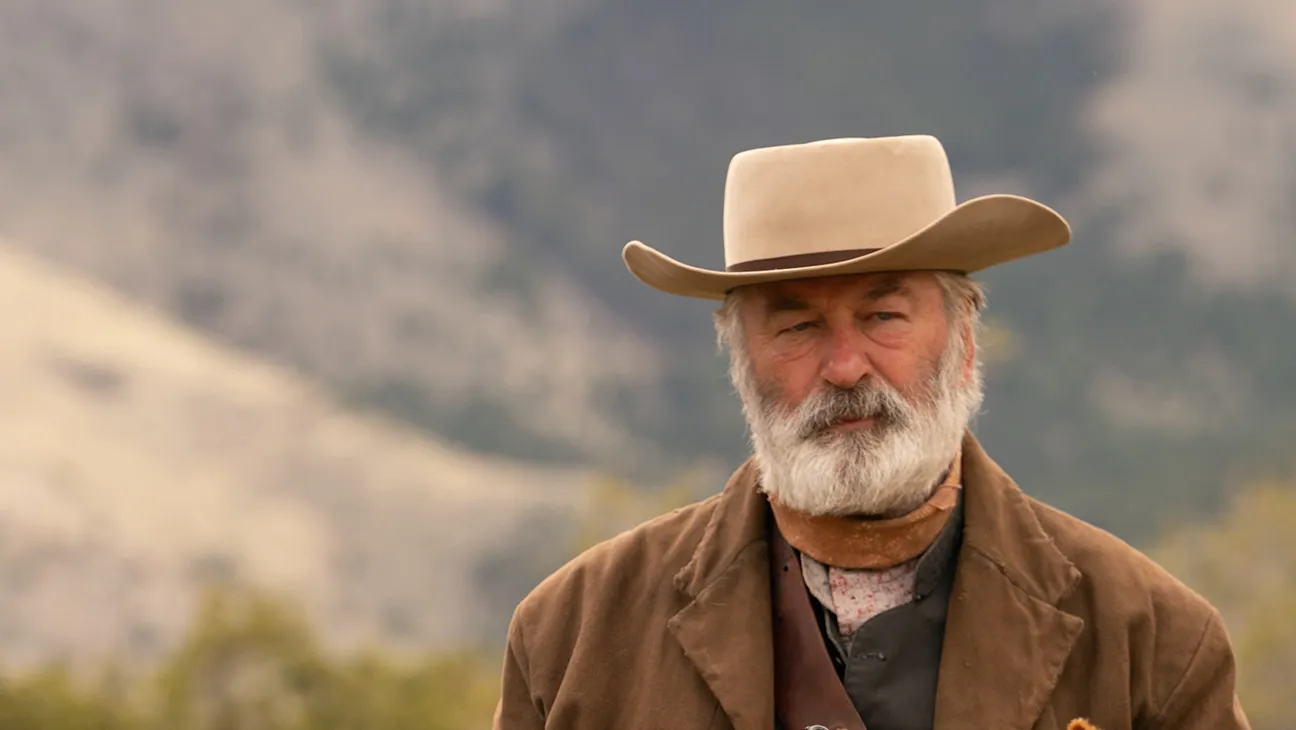
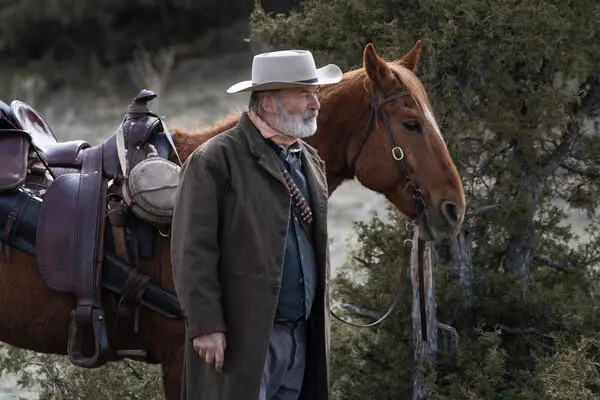
The Elephant in the Room
Yet, no amount of cinematic polish can erase the tragedy that occurred on October 21, 2021, when a prop gun discharged by Baldwin killed cinematographer Halyna Hutchins and injured director Joel Souza. The incident, detailed in the Hulu documentary Last Take: Rust & the Story of Halyna, sent shockwaves through Hollywood, sparking debates about on-set safety and Baldwin's culpability. Although manslaughter charges against Baldwin were dismissed in July 2024, the event remains a defining aspect of the film's narrative.
The trailer itself sidesteps this controversy, focusing squarely on the story and performances. However, early reactions suggest that viewers find it challenging to watch without the tragedy in mind. The AV Club noted, “It is literally impossible to watch without holding all of these facts in your head” (AV Club Review). Another reviewer observed that Baldwin appears “visibly shaken” in his role, adding a layer of unintended poignancy to his performance (Vulture Review). This emotional undercurrent, whether intentional or not, makes the trailer both compelling and unsettling.
A Western Renaissance
Rust arrives at a time when the western genre is experiencing a renaissance. Films like Jane Campion's The Power of the Dog (2021), which earned critical acclaim for its psychological depth, and David Mackenzie's Hell or High Water (2016), praised for its modern take on frontier justice, have proven that there's still an appetite for stories set in the American West. These films have succeeded by blending traditional western tropes with contemporary sensibilities, offering nuanced characters and complex moral dilemmas.
Rust appears to follow in this vein, with its focus on family ties and the consequences of violence. The trailer suggests a narrative that explores the ripples of a single act—Lucas's accidental killing—across generations, a theme that resonates with classics like Unforgiven (1992), which Baldwin himself cited as an inspiration (Wikipedia). However, Rust faces a unique challenge: its real-life tragedy mirrors its fictional themes of unintended consequences, making it a lightning rod for scrutiny.
Historical Context: Tragedies on Set
The incident on Rust is not an isolated event in Hollywood's history. One of the most notorious on-set tragedies occurred during the filming of Twilight Zone: The Movie in 1983, when a helicopter crash killed actor Vic Morrow and two child actors, Myca Dinh Le and Renee Shin-Yi Chen. The accident, caused by pyrotechnics and unsafe conditions, led to significant changes in industry safety protocols but also left a lasting stain on the film's legacy (ScreenRant). Similarly, the 1993 death of Brandon Lee on the set of The Crow, caused by a prop gun mishap, overshadowed the film's release, though it later gained cult status.
What sets Rust apart is its determination to complete production despite the tragedy. After halting filming, the crew resumed with Bianca Cline as cinematographer, dedicating the film to Hutchins' memory. This resilience is admirable, but it also places Rust in a precarious position. Unlike The Crow, which benefited from Lee's completed performance, Rust must contend with ongoing public and legal scrutiny surrounding Baldwin, who is both star and producer.
| Incident | Film | Year | Outcome | Impact on Film |
|---|---|---|---|---|
| Helicopter Crash | Twilight Zone: The Movie | 1983 | Three deaths, legal action | Overshadowed release, safety reforms |
| Prop Gun Mishap | The Crow | 1993 | Brandon Lee's death | Cult status, but tragedy-focused narrative |
| Prop Gun Discharge | Rust | 2021 | Halyna Hutchins' death, Joel Souza injured | Ongoing scrutiny, film completed |
Audience Reception and Ethical Questions
The trailer's release has sparked a range of reactions. Some praise its gritty aesthetic and Baldwin's commanding presence, with IGN describing it as a “tense, action-packed” preview (IGN Article). Others, however, find it difficult to engage with the film without recalling the tragedy. The AV Club's review captures this sentiment: “No matter the ultimate quality of the film, Rust is in the supremely unenviable position of being tied to a drawn-out and headline-grabbing tragedy.”
This dichotomy raises ethical questions for viewers. Is it possible to appreciate Rust as a work of art, or does consuming it feel like exploiting a tragedy? The decision to finish the film was partly motivated by a desire to honor Hutchins' work, yet some may argue that its release risks sensationalizing her death. These questions are not easily answered and will likely shape the film's reception when it hits theaters on May 2, 2025.
A Cultural Litmus Test
Rust is more than just a movie; it's a cultural litmus test. Like a tightrope walker balancing over a canyon, the film must navigate the fine line between artistic merit and real-world sorrow. The trailer suggests a story that could stand alongside the best modern westerns—gritty, emotional, and visually arresting. Yet, its success hinges on whether audiences can look past the tragedy that birthed it.
Imagine if John Wayne had faced a similar incident on the set of The Searchers. Would we still revere the film, or would it be relegated to a footnote in Hollywood's troubled history? Rust poses this question to modern audiences, challenging us to grapple with the intersection of art and ethics.
As the film prepares for its theatrical debut, the trailer serves as both an invitation and a warning. It invites viewers to immerse themselves in a tale of redemption and survival, but it warns that this journey comes with baggage. Will Rust be remembered for its story and performances, or will the shadow of that fateful day in 2021 forever define it? Only time—and audiences—will tell.
Would you risk watching Rust? Share your thoughts below.

